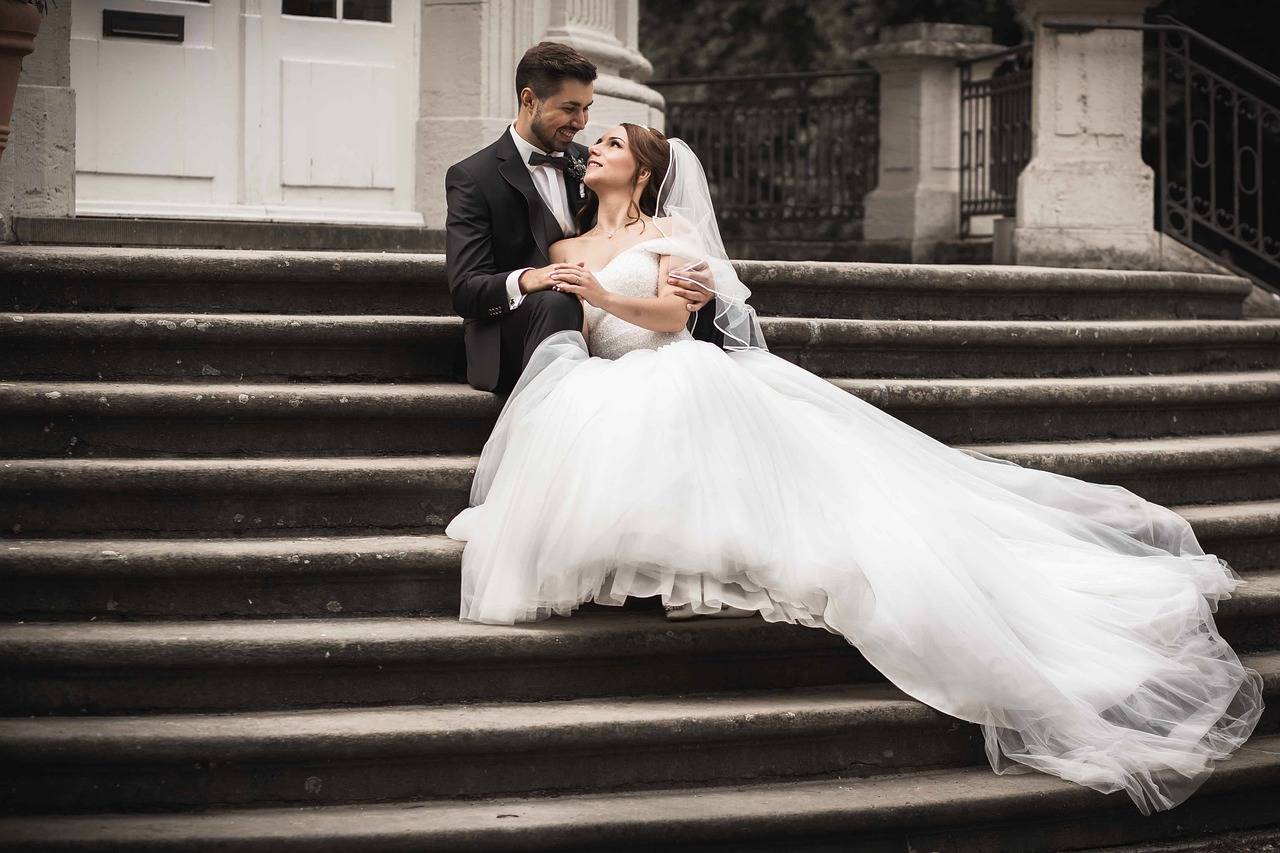Fashion Vlogging and Fashion Journalism: Media Ethics in Fashion Reporting: 11x play online, Reddy bet, Golden777
11x play online, reddy bet, golden777: Today, the world of fashion reporting has evolved significantly with the rise of fashion vlogging and online fashion journalism. With the power of social media platforms like Instagram, YouTube, and TikTok, fashion influencers and vloggers have gained immense popularity for their unique take on the latest trends and styles. However, with this new form of reporting comes a set of ethical considerations that both fashion vloggers and journalists must adhere to.
1. Importance of Transparency
It is essential for fashion vloggers and journalists to maintain transparency in their reporting. This includes disclosing any sponsored content, paid partnerships, or gifted items. By being transparent about their collaborations, influencers can build trust with their audience and ensure that their recommendations are genuine.
2. Accuracy in Reporting
Just like traditional journalists, fashion vloggers must ensure the accuracy of their reporting. Whether it’s providing correct information about a designer collection or sharing the latest fashion news, accuracy is key to maintaining credibility in the industry.
3. Avoiding Conflicts of Interest
Fashion vloggers and journalists must also be vigilant about avoiding conflicts of interest. This means refraining from promoting products or brands that they have a personal or financial interest in. By staying impartial and unbiased in their reporting, influencers can uphold their integrity and credibility.
4. Respect for Cultural Sensitivities
In an increasingly diverse and globalized world, it’s essential for fashion reporters to be aware of cultural sensitivities. This includes respecting different cultural norms, traditions, and beliefs when reporting on fashion trends or styles from around the world.
5. Protection of Intellectual Property
Fashion vloggers and journalists must also respect intellectual property rights when reporting on designer collections or fashion trends. This means crediting designers and brands for their work and seeking permission before using images or content that they do not own.
6. Ethical Use of Photoshop and Image Editing
In the age of social media and filters, it’s crucial for fashion reporters to ethically use Photoshop and image editing tools. This includes avoiding excessive retouching or altering of images to promote unrealistic beauty standards.
FAQs:
1. How do fashion vloggers disclose sponsored content?
Fashion vloggers can disclose sponsored content by using hashtags like #ad or #sponsored in their captions or verbally mentioning their partnership in their videos.
2. Can fashion vloggers accept free products from brands?
Fashion vloggers can accept free products from brands, but they must disclose the gifted items in their content to maintain transparency.
3. How can fashion reporters ensure accuracy in their reporting?
Fashion reporters can ensure accuracy in their reporting by fact-checking information from reliable sources, verifying details with multiple sources, and seeking clarification from industry experts when needed.
In conclusion, media ethics play a crucial role in fashion reporting, whether it’s through traditional journalism or the world of fashion vlogging. By upholding transparency, accuracy, and integrity in their reporting, fashion influencers can continue to inspire and inform their audience while maintaining trust and credibility in the industry.







